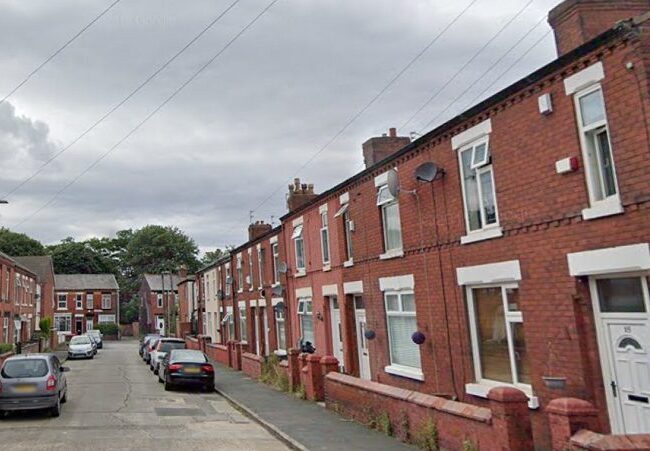GM retrofitting taskforce gets to work
Following its first meeting last night, the taskforce will attempt to secure funding to upgrade existing buildings on a mass scale in a bid to help the city region hit its 2038 net-zero carbon target.
“This is about setting out a positive vision for how we can tackle the climate crisis, the housing crisis, and the jobs crisis,” Mayor of Greater Manchester Andy Burnham said.
“Rather than seeing this as a burden, we have to embrace it as the route to good jobs and homes fit for the future.”
It is predicted that around 60,000 buildings would need to be retrofitted in Greater Manchester every year if the city region is to achieve its target of becoming net-zero carbon by 2038.
Burnham’s newly created retrofitting taskforce, announced by Place North West last week, will “bring together some of the best minds in energy, education and infrastructure to ensure the city region’s homes and buildings are fit for a zero-carbon future”, according to the Greater Manchester Combined Authority.
The taskforce includes representatives from local and national government, social landlords, building authorities, colleges, energy suppliers, industry experts and investors and is to be chaired by the mayor.
Members will aim to push forward a series of agreed actions and maximise investment and public funding for retrofitting projects.
Its aim will be to outline how home and building improvements can take place on a mass scale, while identifying opportunities to boost new skills, create jobs, and drive investment in low-carbon industries.
A particular focus will be placed on substituting old, inefficient heating systems with greener alternatives.
Heating homes in Greater Manchester accounts for 2.8 megatons of carbon dioxide and other greenhouse gases every year, according to the combined authority.
The work of the Task Force will build on funding already secured by the GMCA to run the Green Homes Grant Local Authority Delivery scheme, which provides grants of up to £10,000 for energy efficiency improvements for low-income households.
“This is a pivotal moment for tackling the climate crisis and supporting our towns and cities to recover from the coronavirus pandemic,” Burnham said.
“We don’t have the luxury of separating one from the other but we do have an opportunity to meet these challenges together.
“Installing energy efficiency improvements not only makes buildings cheaper to run, but it will also unlock thousands of exactly the kind of new, good quality green jobs that we need and create better homes for our residents.”




